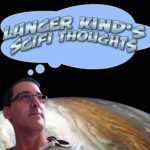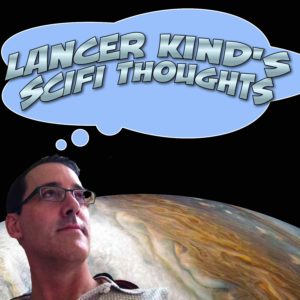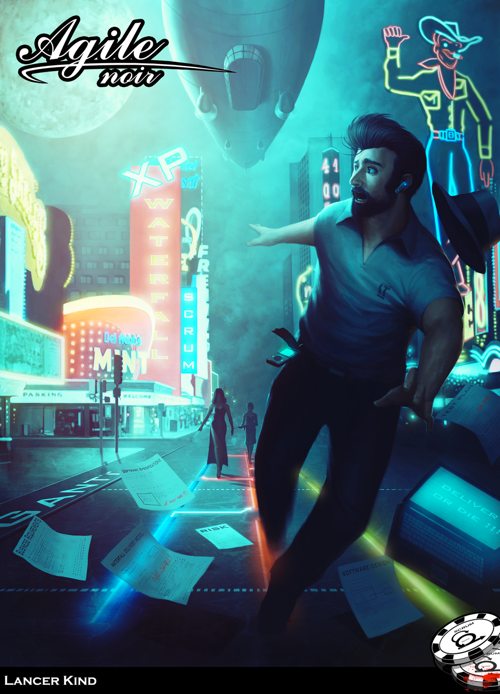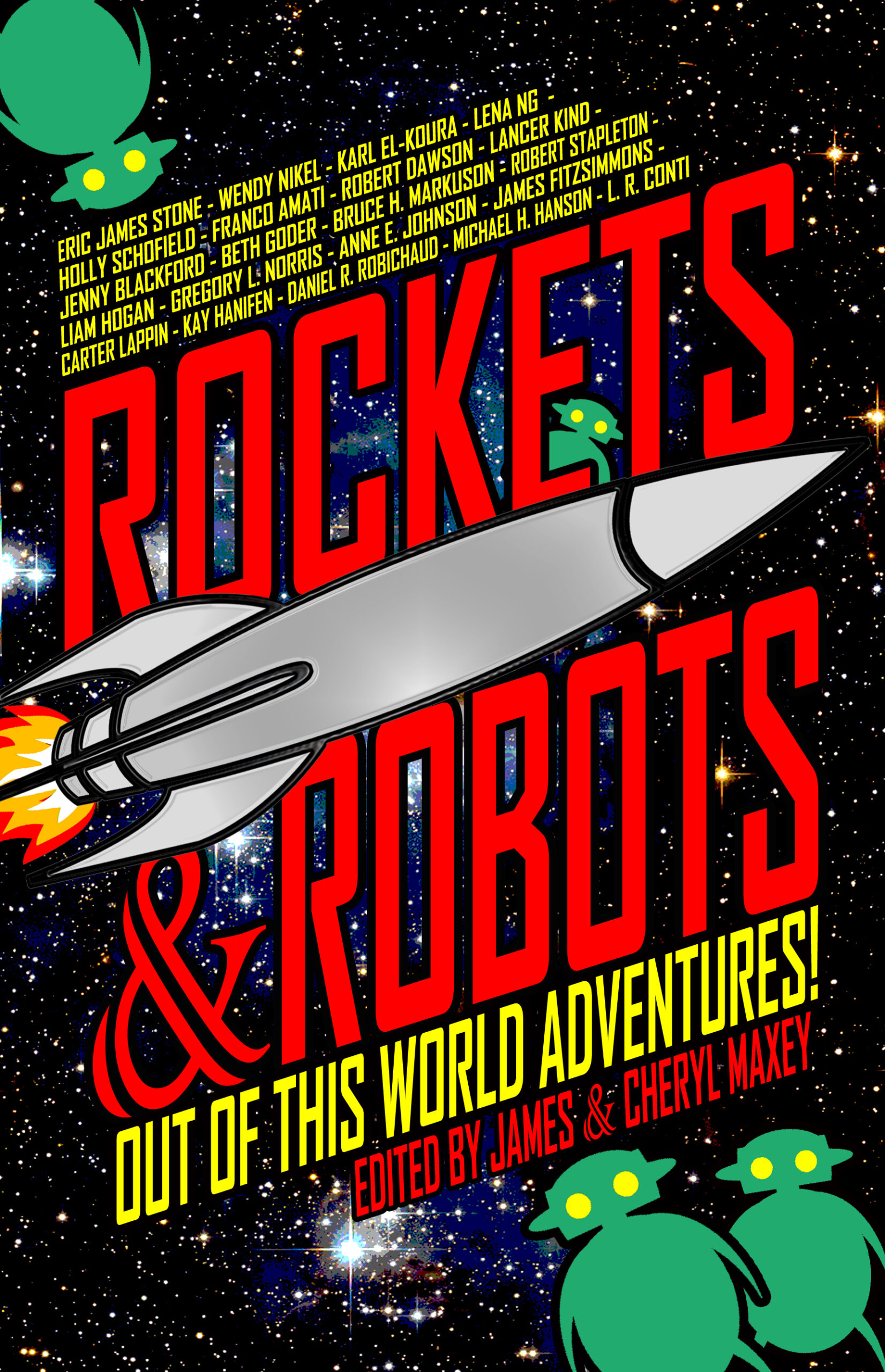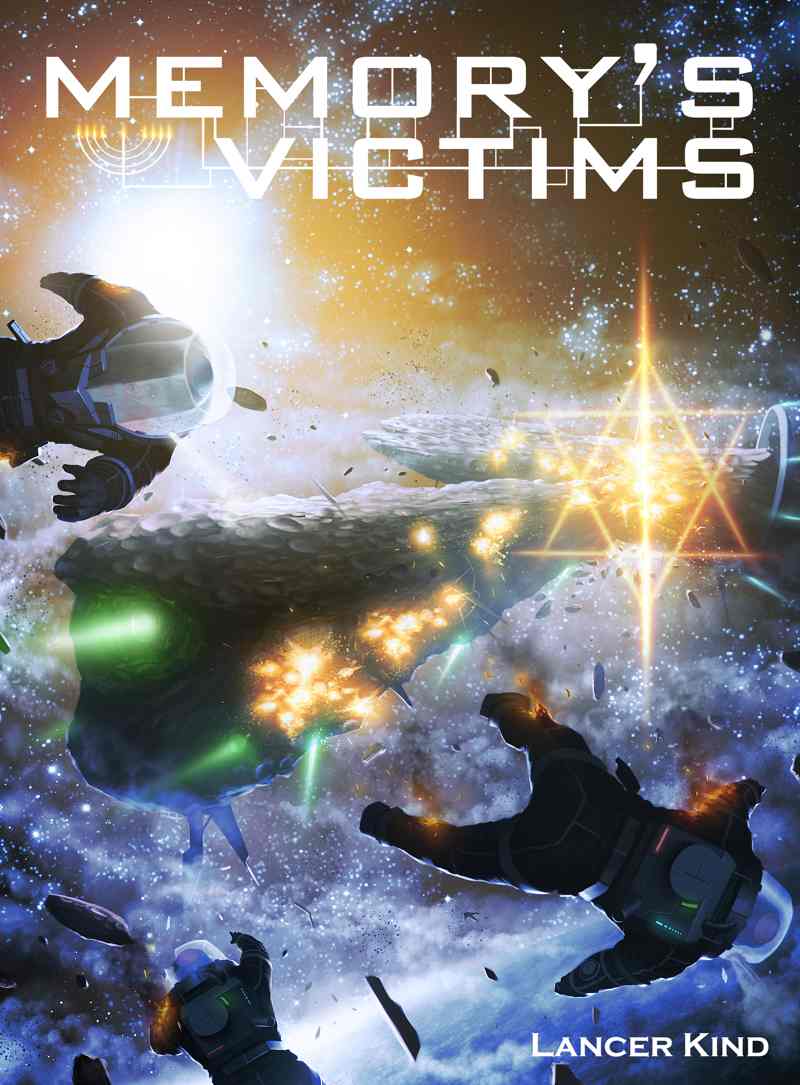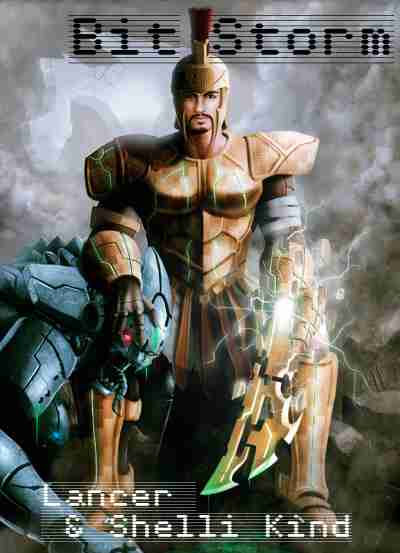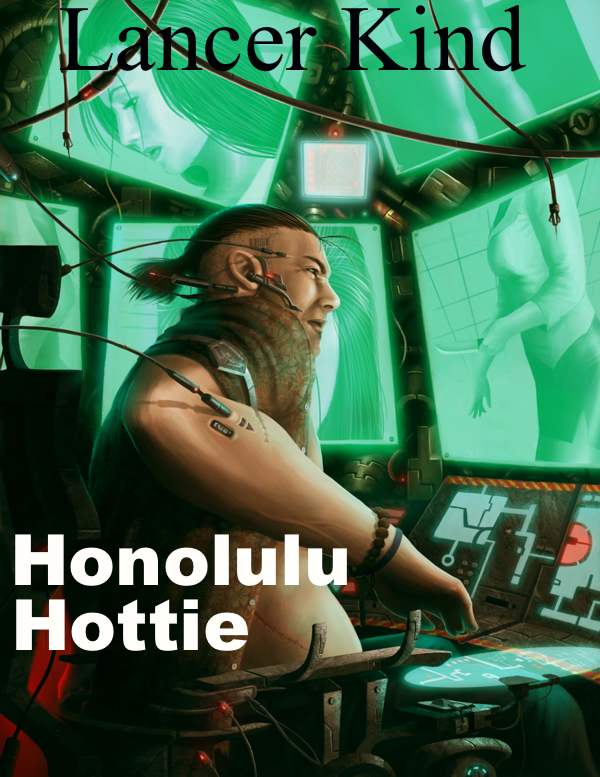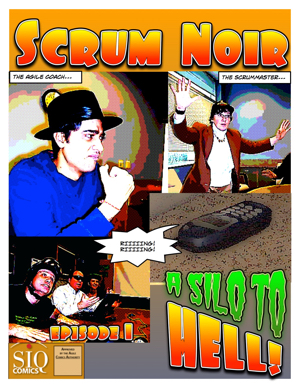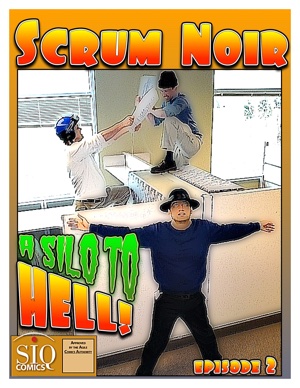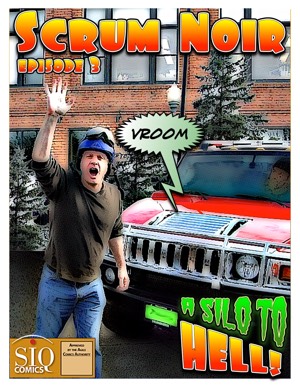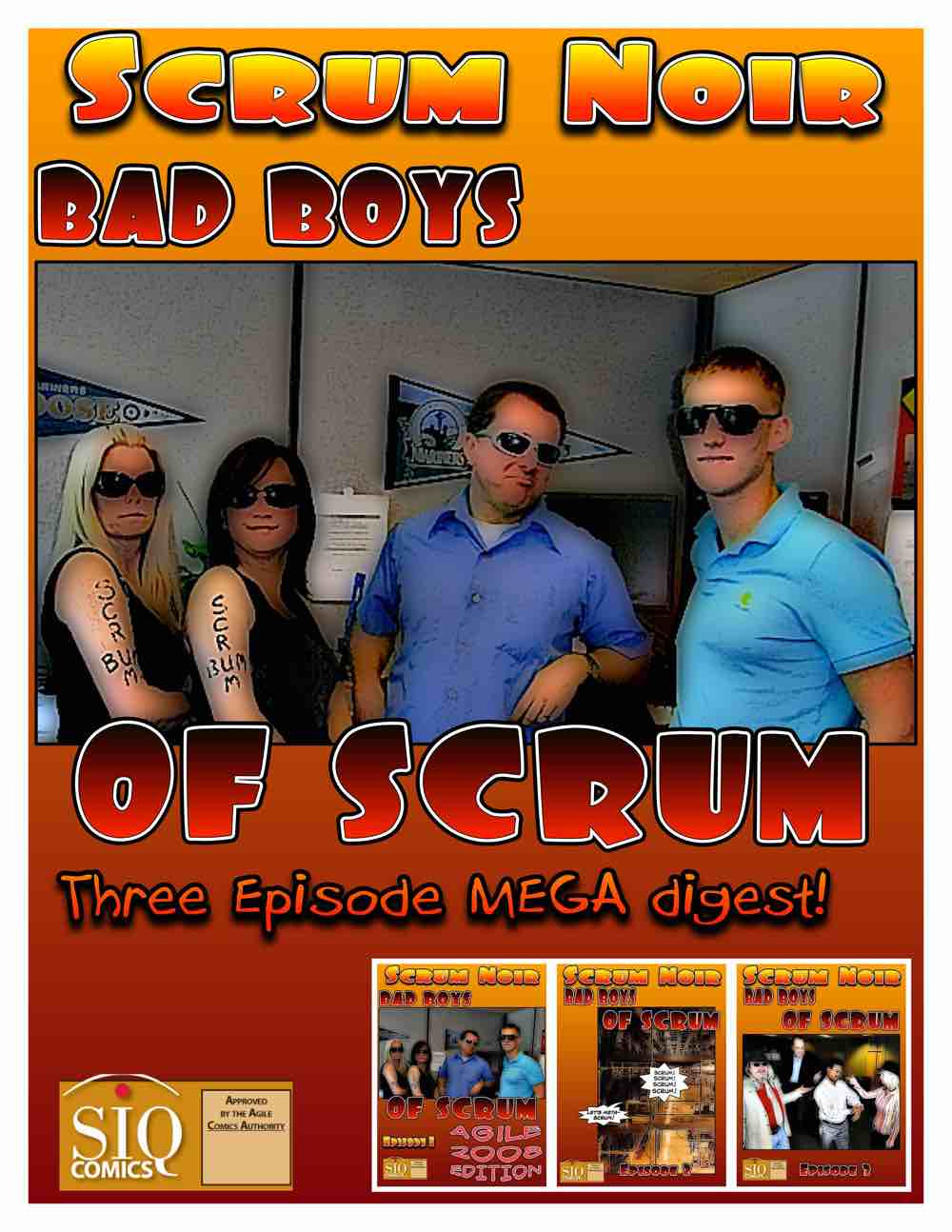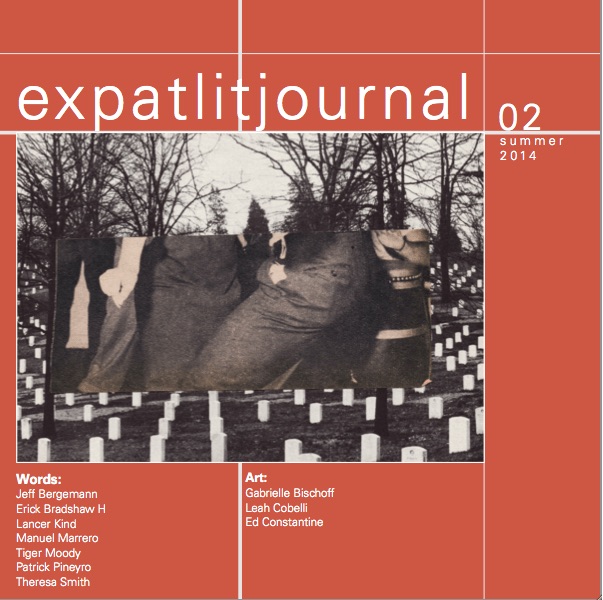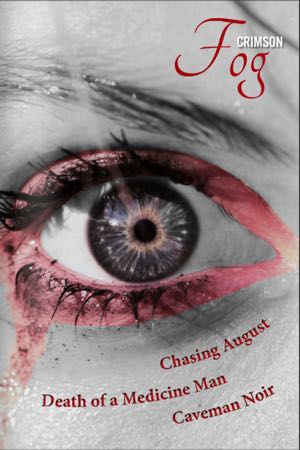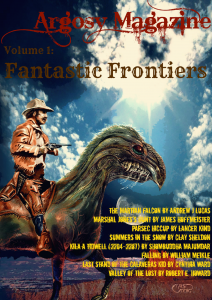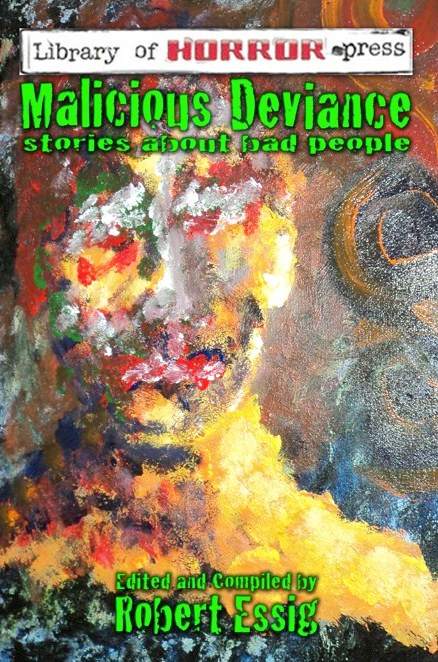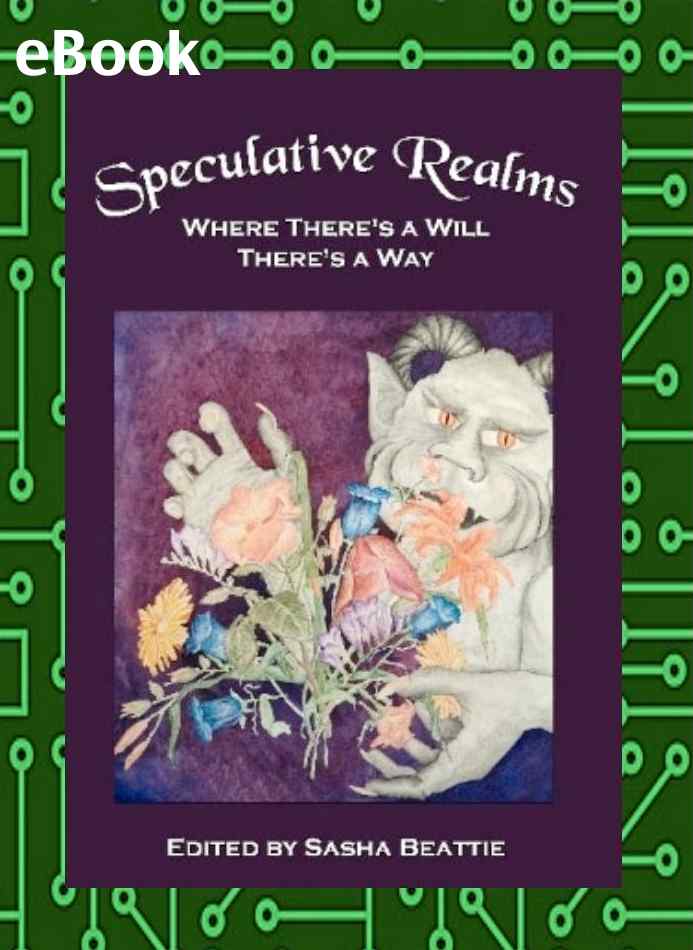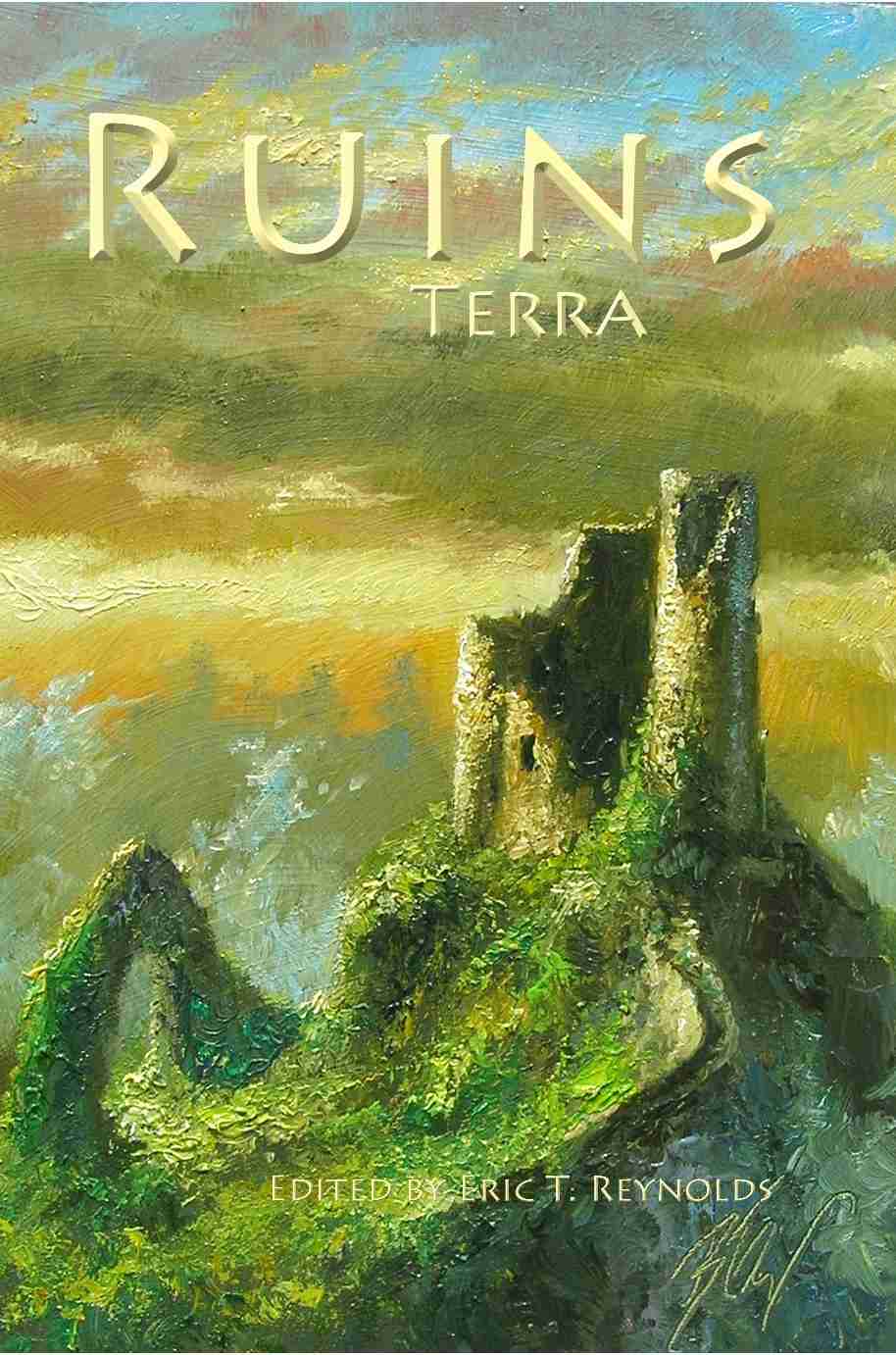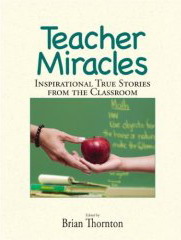002 Cyberpunk
It was the 1960s. Young science fiction readers and writers were tired of the usual space travel and adventure tales. They yearned to read something that used what was happening around them which was too edgy for the earlier fiction which tended to be cleaned up for young adult readers. The fiction of the New Wave incorporated and even focused on the gritty parts of humanity that most people never saw or only read about in the scandal sheets–drugs, crime, casual sex, corporate malfescience, dishonest governments. If it was bad and dirty, it’d show up in one of these science fiction novels. Many of them incorporated the promises of new computer technologies and how they would be used to improve the human condition, make it faster, smarter, more acute. Then how these cybernetic tools would be used for abuse and for retaliation to abuse. These high tech low lines, these punks were put into enough stories that a new genre emerged, called cyberpunk. These stories more frequently took place on Earth and within our existing cities, painting a gritty future of angry down-and-outers trying to get by in a world that was moving so fast that many were left behind. Where earlier science fiction–golden age–science fiction was about story telling in a clear and simple language, cyberpunk was about style in the word play, much more metaphor and advanced writing styles. Where Golden Age science fiction was easy for 12, 13, and 14 year olds to get into, Cyberpunk was written in more advanced styles: multiple points of views, knowledges of politics, an understand of economy. Cyberpunk is science fiction for the political savvy reader who wanted to see something more complicated than adventure stories that ended with happy days.
Bruce Sterling, Rudy Rucker, Philip K. Dick, Roger Zelazny, J.G. Ballard, Philip Jose Farmer, and Harlan Ellison were the early successful writers in this new wave group. It was later in the 1980’s when William Gibson’s debut novel Neuromancer put cyberpunk on the map permanently. Neuromancer was a breakout success, meaning it was widely read by people who didn’t normally pickup a science fiction book. It was a New York times best seller, and won the triple crown of science fiction awards: the Hugo, the Nebula, and the P.K. Dick Award. Later, in 1992 Neal Stephenson published his novel Snow Crash, another breakout best seller, which further cemented cyberpunk as a big deal.
Hollywood is about 15 years later to the scene. Phillip K Dick’s novel “Do Androids Dream of Electric Sheep” was released in 1982 as “Blade Runner” is a popular early cyberpunk film. Recent films from the last two years are “Blade Runner 2049”, “Ghost in the Shell,” and the series “Altered Carbon.”
Where does the Cyberpunk genre go from here? As a written genre, it is an outdated genre as the cyber in cyber punk is less cutting edge than say biopunk. The millennial fan bas has largely moved on to the more outlandish Steampunk. And how can you blame them? Instead of the noir cool and tough in leather why not step out of the dark alley and into the sun in this Jules Verne period of chaps and ladies decked out in brass, corsets, and steam technology.
Regards,
==>Lancer— Kind
